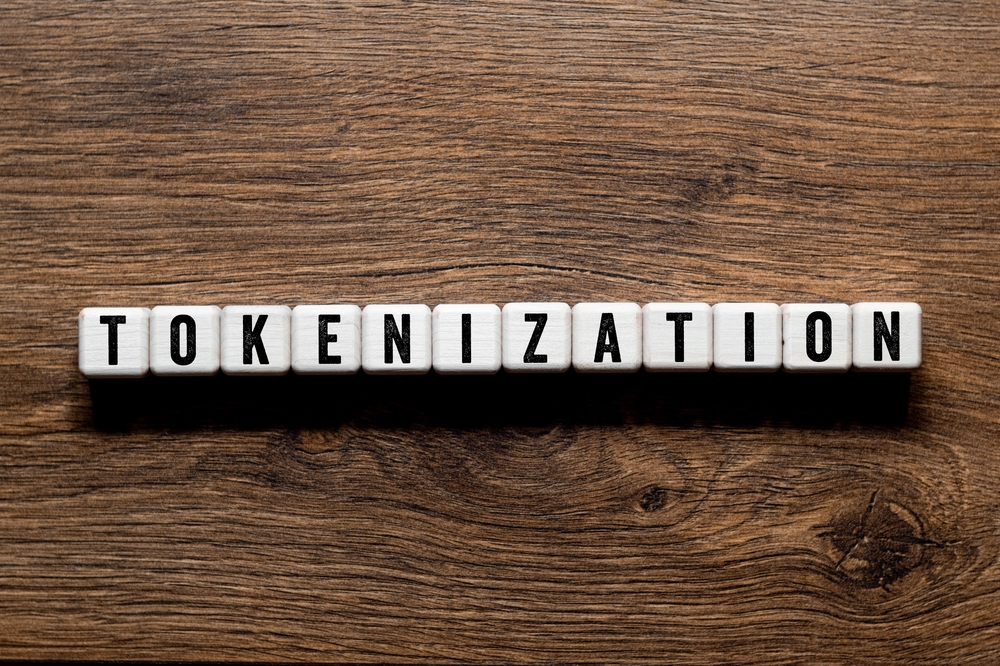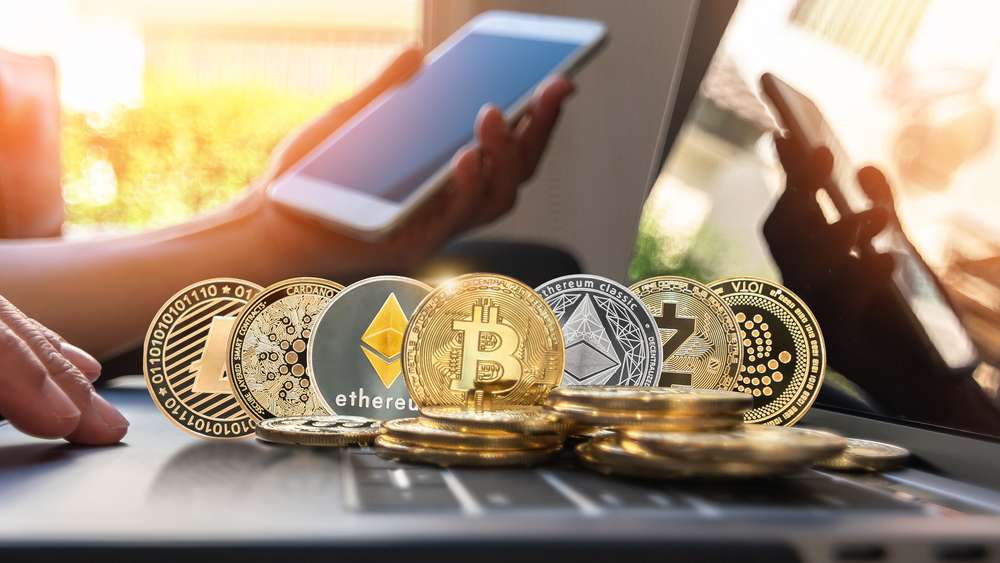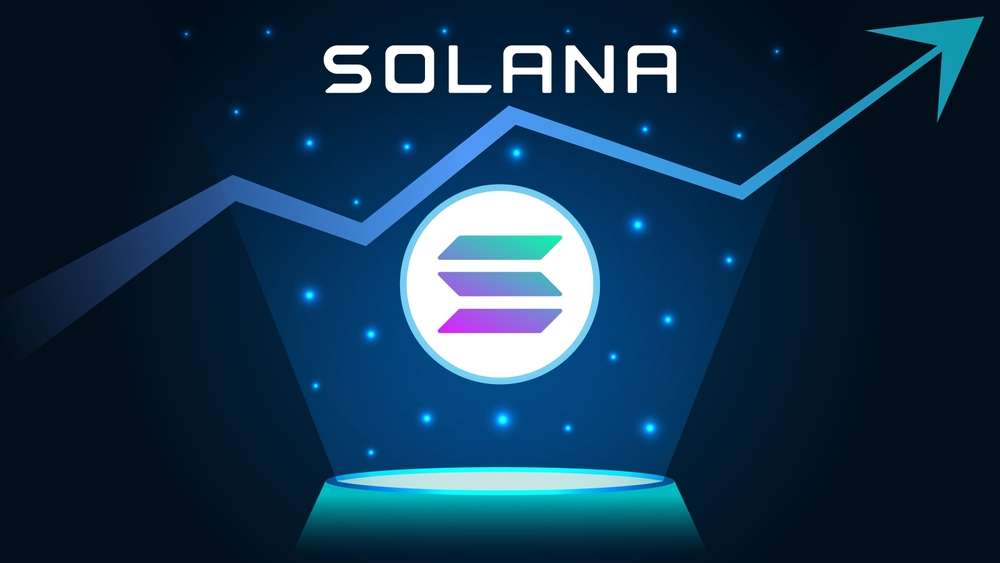The Role Of Tokenization in Blockchain-Powered Digital Assets

The digital finance sector is undergoing a revolutionary transformation with tokenization services. Tokenization technology enables businesses to digitize assets, making them tradable, secure, and highly efficient. This process bridges the gap between traditional finance and blockchain, allowing seamless asset management and transactions. In this guide, we explore how tokenization services are reshaping digital asset management worldwide.
Understanding Tokenization Technology Tokenization is the process of converting real-world or digital assets into blockchain-based tokens. These tokens represent ownership rights and can be securely transferred, traded, and fractionalized.
Tokenization solutions enhance asset liquidity, reduce fraud risks, and provide a decentralized approach to asset ownership. Whether in finance, real estate, payment processing, or cybersecurity, tokenization services provide unparalleled transparency and security.
How Does Tokenization Work? Let's understand tokenization with an example: A commercial property in New York City is tokenized and divided into multiple tokens:
- Token Number 0 represents a fraction of ownership in the property.
- Metadata (location, valuation, ownership details) is stored securely on a blockchain.
- Smart contracts automate dividend distributions and ownership transfers.
- Investors purchase tokens on a marketplace, with all transactions recorded on-chain.
- Compliance measures, including KYC/AML checks, ensure security and legitimacy.
- Token holders can track investments in real-time via a dedicated dashboard.
Types of Tokenization Solutions
- Asset Tokenization – Real-world assets such as real estate, stocks, and commodities are digitized for fractional ownership and trading.
- Payment Tokenization – Sensitive financial information, like credit card details, is replaced with encrypted tokens to enhance security.
- Data Tokenization Solutions – Personal and sensitive data are protected using tokenization to prevent breaches and unauthorized access.
- Tokenization in Cybersecurity – Used to safeguard confidential data from cyber threats while maintaining usability in business operations.
- Real-World Asset Tokenization Platform Development – Enterprises create tokenized platforms to enhance investment accessibility.
Key Benefits of Tokenization for Businesses & Investors
Benefits to Investors:
- Enhanced Transparency – Tokenization provides clear ownership records and transaction visibility on blockchain networks.
- Regulatory Compliance – Tokenized assets comply with financial standards, reducing regulatory risks.
- Global Accessibility – Investors can participate in tokenized asset markets from anywhere in the world.
- Improved Liquidity – Fractional ownership allows for easier asset trading and enhanced liquidity.
- Reduced Counterparty Risks – Blockchain-based security ensures authenticity and reduces fraud risks.
- Portfolio Diversification – Investors can diversify their portfolios with tokenized securities, real estate, and other digital assets.
Benefits to Businesses & Tokenization Service Providers:
- Regulatory Alignment – Ensures businesses meet compliance standards for financial transactions.
- Market Credibility – Enhances trust among institutional investors and financial institutions.
- Scalability – Tokenization platforms can support multiple asset classes and jurisdictions.
- Seamless Integration – Works with existing financial infrastructure, including digital exchanges and custodians.
- Access to Institutional Capital – Attracts institutional investors looking for compliant tokenized investment opportunities.
Building a Tokenization Platform: Key Considerations For enterprises looking to develop a robust tokenization platform, the following key components must be considered:
- Advanced Blockchain Architecture – Enables efficient asset digitization, smart contracts, and decentralized trading mechanisms.
- Secure Authentication Mechanisms – Multi-factor authentication, encryption protocols, and real-time monitoring ensure security.
- Scalable Transaction Processing – Supports high transaction volumes while maintaining efficiency and low latency.
- Comprehensive Compliance Tools – Automates KYC/AML processes, risk assessment, and reporting for regulatory adherence.
- Interoperability with Financial Systems – Allows seamless connectivity with traditional finance and blockchain networks.
Empower Your Business with Tokenization Services Tokenization technology is setting new benchmarks in finance, security, and investment. Companies leveraging tokenization solutions can modernize operations, attract global investors, and maximize asset value securely and efficiently.
Shivacha Technologies specializes in providing top-tier tokenization platform development, enabling businesses to integrate cutting-edge tokenization solutions. Whether you need payment tokenization, data tokenization, or real-world asset tokenization services, our experts can build a scalable and secure platform tailored to your needs.
Partner with Shivacha Technologies to transform your business with tokenization. Contact us today to explore the limitless possibilities of blockchain-powered tokenization services.
Cost Breakdown for Solana Tokenization
| Component | Estimated Cost |
|---|---|
| Security Infrastructure | $10k – $50k |
| Infrastructure & Ongoing Support | $20k – $80k |
| DeFi Wallet Development & Audits | $40k – $300k |
| Licensing & Regulatory Compliance | $10k – $100k |
| Marketing & Community Engagement | $20k – $200k |



